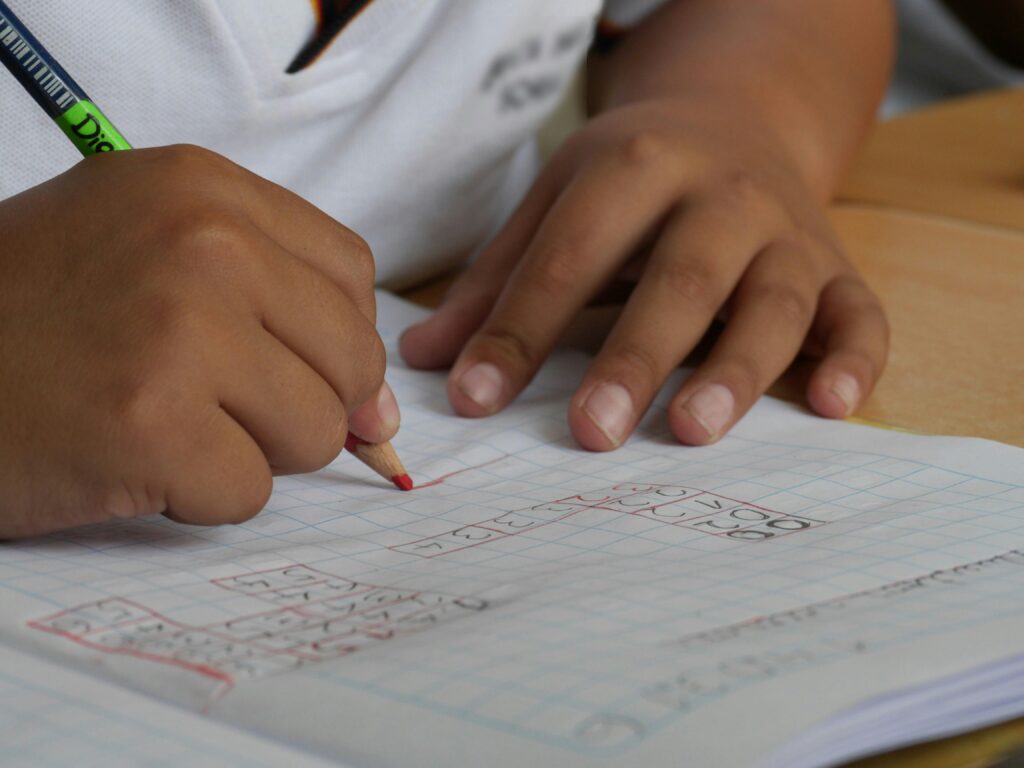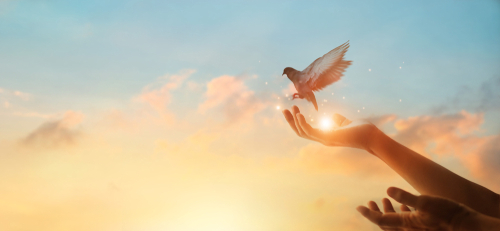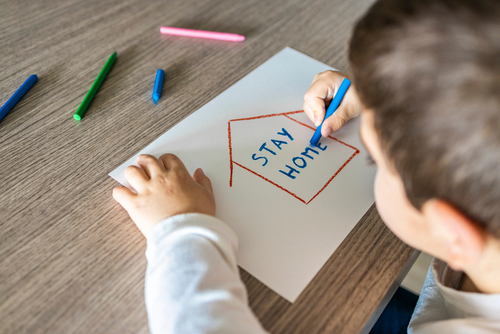
Charlotte Mason
I want to talk about Charlotte Mason, some swear by her methodology – have you used any of her philosophy in your home-educating journey?
I didn’t know anything about Charlotte Mason when I started home-schooling, by the time I’d heard of her I had found my groove. By the time I researched her, I didn’t want to change my formula.
You wouldn’t recommend her to other home-schoolers?
I’d recommend, as with other philosophies, that her ideas are worth researching and reflecting on – especially if you haven’t found your personal formula. It’s good to look at different ideas and methods, then take what’s useful and ditch the twaddle.
Twaddle is a word that pops up a lot around Charlotte Mason.
It is a wonderful word. If we get another cat I’d like to call it Twaddle just so I can say it more often. Charlotte was dead set against twaddle, by which she meant unliterary books and low-quality educational fodder. She was a firm believer in excellence. One of her twenty principles was that parents should provide an education akin to a fine banquet of nourishing foods that would feed their minds, souls and bodies.
Define excellence
Mason’s curriculum has elements of Classical Education in it, such as the study of music, art, poetry, biology and languages. However, she advocated children learning in nature and the real world rather than the artificial space of a classroom filled with dull textbooks. She also recognised the superiority of lessons learned in connection to an emotional or positive experience, an in-depth and engaging study of a subject or person, or a practical experience in the real world.
I can understand why she’s popular with home-educators who want a bit of unschooling as well as high academic standards. I also know your children read twaddle.
Yes, they do. They like twaddle; it gets them reading independently for fun. I’d rather have well-thumbed twaddle scattered around the house than a library of classics my children avoid.
What do you like best about Charlotte Mason?
I think many educationalists and parents will have hit on the same universal truths she did. Conveniently, for us, she encapsulates them in her writing. She understood that when children are engaged, they’ll absorb, that time in nature is important and education should be holistic; every aspect of their beings should be stimulated by rich and varied experiences.
Why is Charlotte Mason’s work still so popular?
Many reasons, one being that she wrote about home-education rather than devising a system for schools – which makes her a natural choice for home-schoolers. Secondly, she was a devout Christian and many of her adherents are Christians who, like her, believe there shouldn’t be a division between secular and religious subjects. There are Muslims who use Charlotte Mason too. She believed all subjects return to God and should strengthen the student’s relationship with Him.
When you’re home-educating it can be a relief to find a method or curriculum that takes some of the thinking, philosophising, experimenting and creating off your shoulders – there are so many Charlotte Mason based resources, it’s unsurprising she remains popular.
Although some of her critics accuse her of being vague and she tried to refute this with her twenty principles, I personally find the fact she gives broad ideas to follow rather than prescriptive commands is a strength of her philosophy. If you delve into the Charlotte Mason tribe, you’ll discover a host of techniques, styles, books, podcasts, clips and curricula produced by modern authors. Some of it’s even free.
I think another reason for her popularity is that she wanted excellence from children, but didn’t approve of ‘dry’ teaching methods. She wanted children engaged and enthused, active, outside, flexing their creative muscles and emotionally connected to their educations. I think most parents want that for their children, especially those dissatisfied by modern, mainstream schooling.
What criticisms do you personally have of Charlotte Mason’s philosophy?
When she was writing the education system and job market were completely different to the ones we are raising our children in today. She might have looked on modern textbooks as twaddle, and modern-day followers of her system may find GCSE syllabi unengaging, but I’d argue they’re necessary if you want your children to do any nationally recognised qualifications, such as GCSEs. I’d also argue that having GCSEs opens up so many options for young people, that it’s better for them to have them in the long run.
Her writing, while beautiful, is very dated and she was absolutely writing for the British, Victorian middle class. Considering what England was up to at the time and what it was like for most of its subjects, that may make her work uncomfortable reading for some.
I thought she wanted all children to have a good education?
Even in Mason’s lifetime, her work was out of reach for most children. It’s hard to keep a nature journal if you’re working in a coal mine for twelve hours a day, living in a slum or trapped in a workhouse.
When you get off your Marxist soapbox, can you name other ways her writing has dated?
Nowadays we know a lot more about child development than before. For example, Mason writes about the formation of good habits being fundamental to children’s learning, which I do agree with. However, she gives an example of a very young child disobeying his mother in a small way, which Mason suggests is because she is weak and doting and has failed to instil good habits in him. In all honesty, young children will push their boundaries which is just a natural stage of development; it’s something every mother will encounter repeatedly if their children are anywhere close to normal and not a sign of dire parental folly. If your child eats sugar (the example Mason used) then hide the sugar, don’t cut yourself up needlessly about his/her educational habits or the poor atmosphere you’re providing.
Of course, she couldn’t possibly have taken into account how different the modern world is from hers. For me, this means her methods can only be taken as a rough guide and they need to be adapted by modern educators and parents for use today. We just can’t turn the clock back and raise our children in historical bubbles.
You’ve mentioned her Twenty Principles. What are they exactly?
Mason published a list of principles underpinning her ideas and advice for parents towards the end of her life. They’re a good starting point for anyone wanting to understand Charlotte Mason’s philosophy, but she wrote a huge amount (think great tomes filled with ideas and observations) and it’s impossible to summarise it all in a few bullet points.
Can you briefly outline a few that you agree with and would advise others to reflect on?
I’d urge anyone who’s interested to read into her philosophy, do some research and decide for themselves what would work for them, what they agree with and what they really don’t want to incorporate into their lives.
That’s a cop out answer.
No, it’s treating people like adults who can think for themselves.
You don’t know enough to give a straight, detailed answer, do you?
No.
Katie Holden





Responses